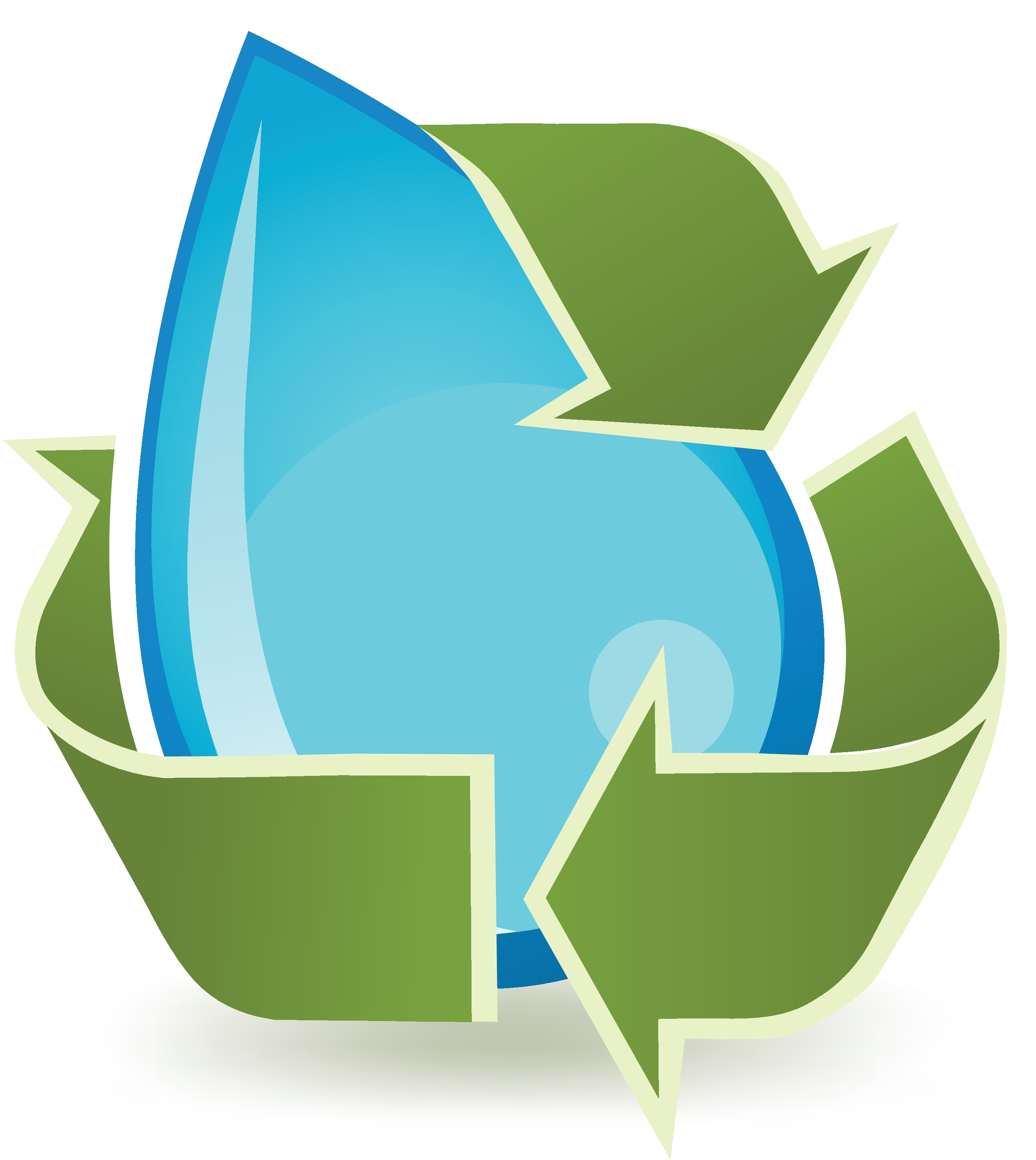Effluent streams are used for resource recovery
A new project aims to solve the problem of locally available wet residue streams by recovering the energy content and extracting the valuable elements from the inorganic part using a small scale biorefinery concept based on the SCWG process.

Residual organic streams from the agricultural and food production sector with a high (>50%) water content form a considerable problem and challenge throughout Europe. As these streams contain a substantial organic fraction, they can be considered a chemical energy carrier. Moreover, they contain a variety of inorganic elements that from an economical, but also sustainability point of view can be very attractive to recover and reuse. .
The SUPERVALUE project, funded within the frame of FACCE SURPLUS, will evaluate the possibility of using a small-scale biorefinery concept to make the most of these now under-valorised streams.
Based on a supercritical water gasification (SCWG) system the project partners will work to convert wet residual streams into valuable combustible gas and both liquid and solid (effluent) streams. The elements phosphorus, nitrogen, magnesium, and possibly others will be extracted and recovered from the effluent. In addition, different processes to valorise the gas produced using the SCWG process will be evaluated in terms of efficiency and costs (both capital and operational costs) in order to assess their suitability and economic viability for the implementation at the site where the residual streams are produced.
A promising technology
Supercritical water gasification (SCWG) is an emerging biomass converting process, taking place at process conditions above the critical point of water, i.e. pressure of 221 bar and temperature of 374°C, where the distinction between the liquid phase and the vapor phase cease to exist. At these conditions the properties of water change and for example it becomes an excellent solvent for organic matter, while at “normal” conditions it is not. It is compact in process footprint, produces more gas than more traditional methods and a pathogen & antibiotics-free effluent with concentrated minerals.
Coordinator of the project, Dr. Marcin Siedlecki from the Research and Innovation Centre Pro-Akademia in Poland explains:
- SCWG is considered a promising technology for the conversion of wet biomass streams - in comparison with not only biogas plants, but especially with traditional thermal processes, where the initial drying of the feed streams would not be justified from economic and energetic point of view. The technology is still in the phase of development and to date its demonstration has been limited to pilot scale processing several types of wet residues like sewage sludge, manure and algae. Still a number of technical issues are to be solved, for example long-term material issues at such severe process conditions, but the advantages of the process make it worthwhile to seek for the solutions to overcome these issues. With our work in the SUPERVALUE project we hope to bring the technology another step forward.
Waste streams will gain new value
The potential of using SCWG technology in small-scale installations is very promising, especially in the context of huge volume of wet residues being generated and the drawbacks of biogas plants. However, the costs associated with SCWG are still rather high and the process is not commercially available yet. it Nonetheless it might become cost-effective when the effluent streams are used for resource recovery and recycling. Furthermore, this is expected to reduce GHG emissions and increase the recycling of nutrients in the sector substantially.
The overall result of the SUPERVALUE project will be a small-scale biorefinery concept based on a novel, intense conversion process with simultaneous nutrient-based added-value products generation.
Thanks to the small-scale, robust and user-friendly features, individual users will be able to look at their waste streams as valuable resources instead of considering them a problem.
- This applies to the project partner FRESH as an example, but also to farms, local wastewater treatment plants, fruit & vegetable processing industry, livestock farms and many others. In this way, streams labelled as "biowaste/bioresidue" gain new value, by far exceeding just the energy content, which in most cases is the only part exploited nowadays, if exploited at all. This also enables a more sustainable development of rural areas, Dr. Marcin Siedlecki says.
Further information
Project partners: Research and Innovation Centre Pro-Akademia, Poland, Technische Universiteit Delft, Netherlands and Fresh World Int. Sp. z o.o., Poland
